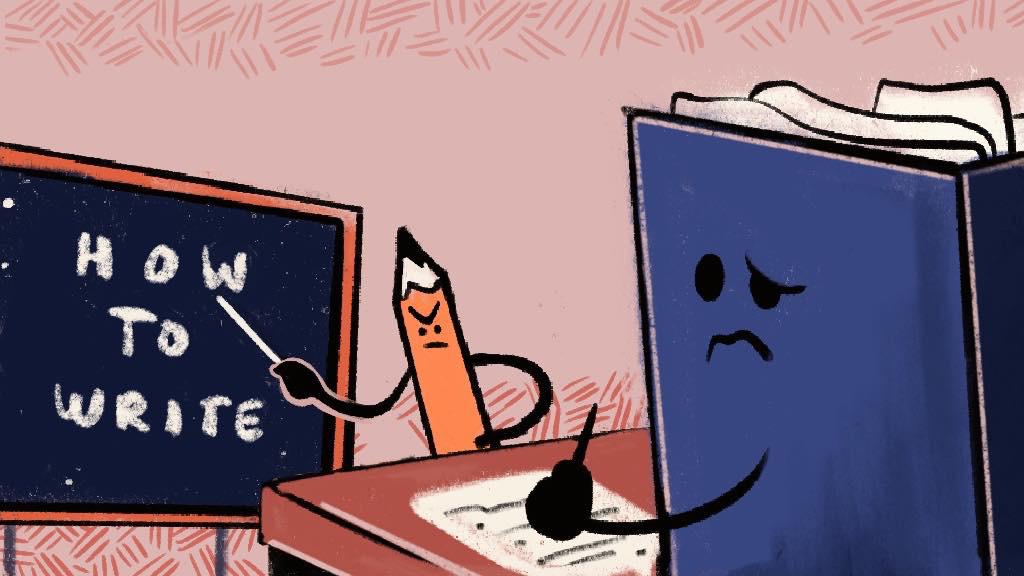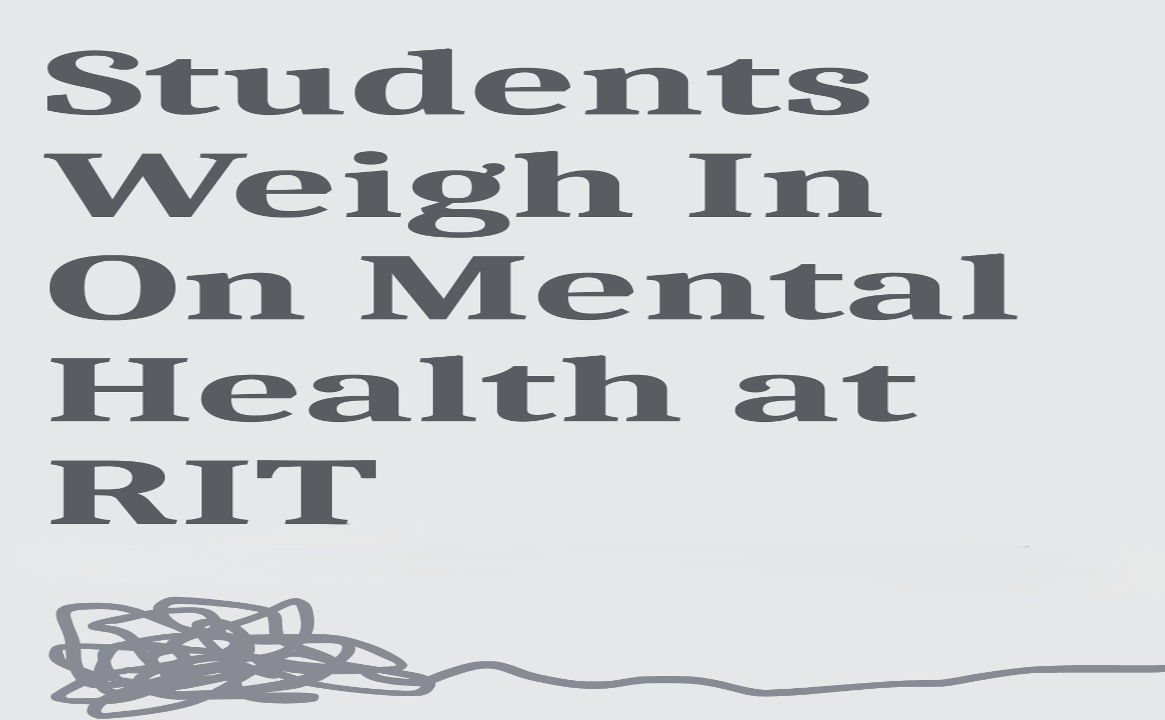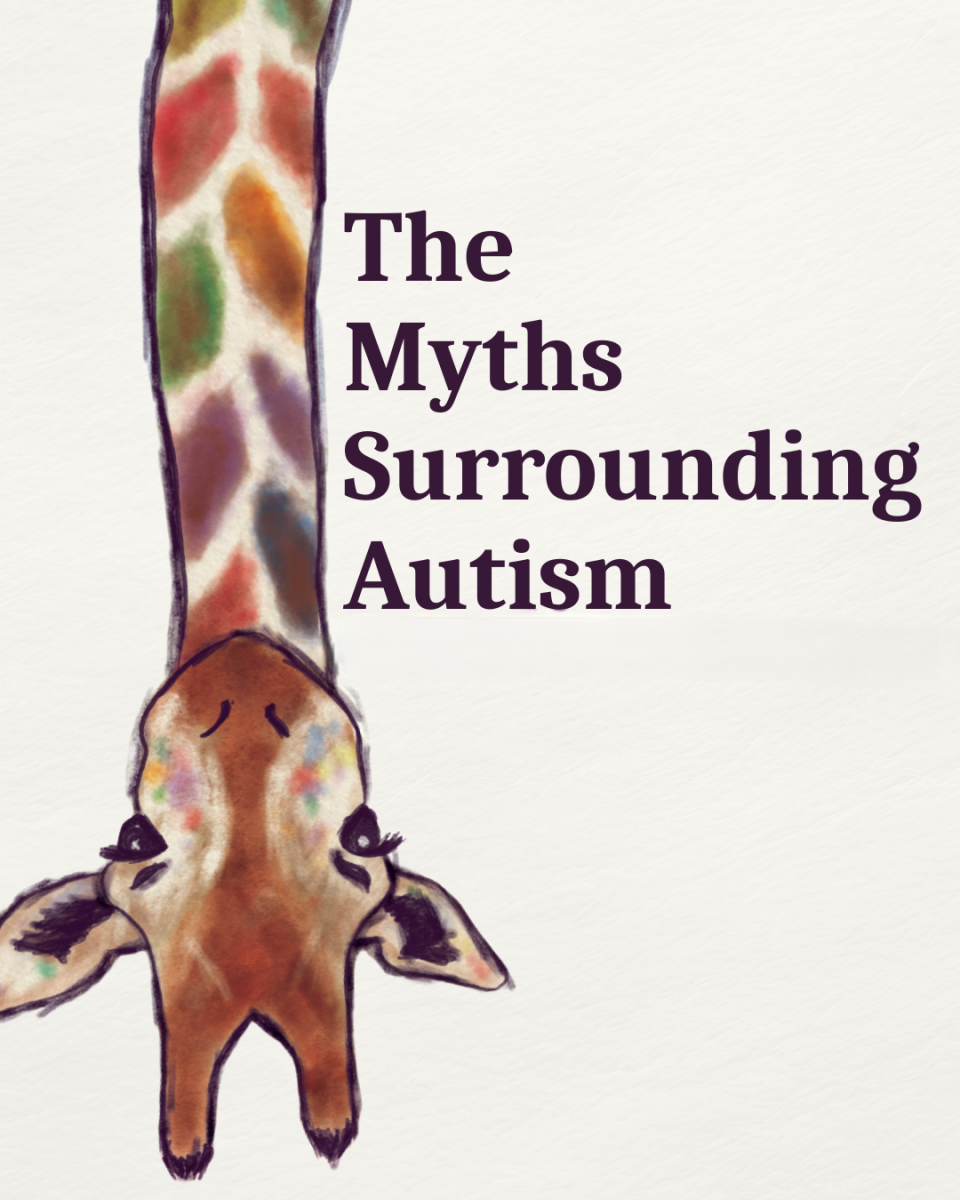While our literature professors may have embedded this idea in our heads since middle school, the relationship between reading and writing is not as straightforward as it may seem. Yes, they are obviously closely related. But, it does not mean your interaction with one will affect your skill in the other.
As someone who has written for several organizations, newspapers and magazines for a fair amount of time and can barely get through half a book, I never understood the basis of this concept. And so, trying to decipher it was like a roller coaster ride.
When English is your second language, reading can go a long way when it comes to enhancing your writing skills. But for me, it wasn’t necessarily about the content itself, but more about the details. Through reading (the little that I did), I learned words, phrases and sentence structures that would have been hard to remember and apply from a grammar class. So in my case, reading definitely helped in polishing the details of my literary work. And while I do agree that reading might be a part of a person’s improvement in writing, maybe it isn’t the basis. Maybe just like most things, it is a lot about experience and familiarity.
For decades, skill development has been associated with the idea that “practice makes perfect.” So, why is it not the same for writing? Why would we read more to write better if we could just write more to write better?
What Do the Theories Say?
For most people, reading seems to be simply more about forming a good habit. What about when it comes to developing your writing? Usually, the reason is that reading pieces from “experienced” writers can help you understand complex sentence structures and concise writing patterns. And that makes sense; if you read literary work then you’re bound to learn a thing or two about writing.
A famous saying by Stephen King is “if you don’t have time to read, you don’t have the time (or tools) to write.”
But what if you don’t have a habit of reading? Does that mean you won’t ever be able to write well? Or does it mean you must spend months trying to build a reading habit?
While many people still have the habit of reading as a hobby and can finish an entire book in four hours, it is very hard for most people to concentrate as easily. In fact, there is research that says we experience seven to eight interruptions per hour. And apparently, it takes a person at least 15–20 minutes to refocus their concentration. A well-known proof is the Pomodoro technique, which revolves around the fact that we can’t hold our concentration for more than 20–25 minutes at a time.
It is understandable that most of us don’t really have a reading habit — we are generally a very distracted society. It doesn’t really make sense if we hold on to a theory that might not necessarily work for us. While there is still a way we can learn to read through the pages of a book that can keep us interested, that isn’t enough to help us write better.
The author of “Fire Up Your Writing Brain,” Susan Reynolds, talks about something that can be called “deep reading,” which essentially means thoughtful and interactive reading. Her theory is that deep reading is what helps a person interact with the content and personalize with it, therefore affecting their writing. So maybe it isn’t about understanding writing patterns of famous authors, but more about being able to connect the reading to your version of reality and making it your own.
This brings us to the next point. How authentic will our writing style be if all we’re working on is mimicking a pattern? Yes, we can read the work of a thousand different authors, and if we’re lucky come up with some hybrid writing style. But, will you truly be able to call it your own? Reading, in this case, might be putting us in a box and giving us very little space to grow. After all, we’re basically looking for “acceptable” patterns of writing that we can later use to build up our own.
Another theory presented by Andrew Jaroz, a psychology professor at Mississippi State University, is a major plot twist in this whole reading and writing debate. His theory is that maybe it’s the other way around. Maybe one doesn’t become a better writer through reading complex materials, but better writers tend to read more complex materials since its similar to their writing pattern. That would also explain why it isn’t hard for them to concentrate on it, as opposed to someone who is not used to such material. Although Jaroz does believe our working memory has a lot to do with the validity of this theory, he also thinks it is too soon to assume they are codependent in any way.
However, a question still remains.
What Can Actually Improve Our Writing?
As someone who doesn’t write in their native language, understanding what works for me in terms of improvement has been an interesting learning curve. Something that most certainly brought an improvement in my writing is simply writing more. Yes, reading articles and books I found interesting did come in handy when it comes to vocabulary, grammar and sentence transformations.
But, what is most crucial is your experience from writing more and what you learn from it. For many people, suggestions from their professors or peers seemed to have worked better in helping them write more concise and well-organized material. So at times, it doesn’t even have to be your experience that makes the difference.
Maybe it isn’t about reading or writing, but about the habit we already have.
The most efficient way to improve your writing skills is to figure out what works best for you. If you’re someone who already has a habit of reading, trying to read more can have a positive effect on your writing. For a lot of people, following an outline goes a long way for staying organized and articulate. And for people like me, who are bad with instructions and have the attention span of a goldfish, learning through experience feels like a safe bet.







